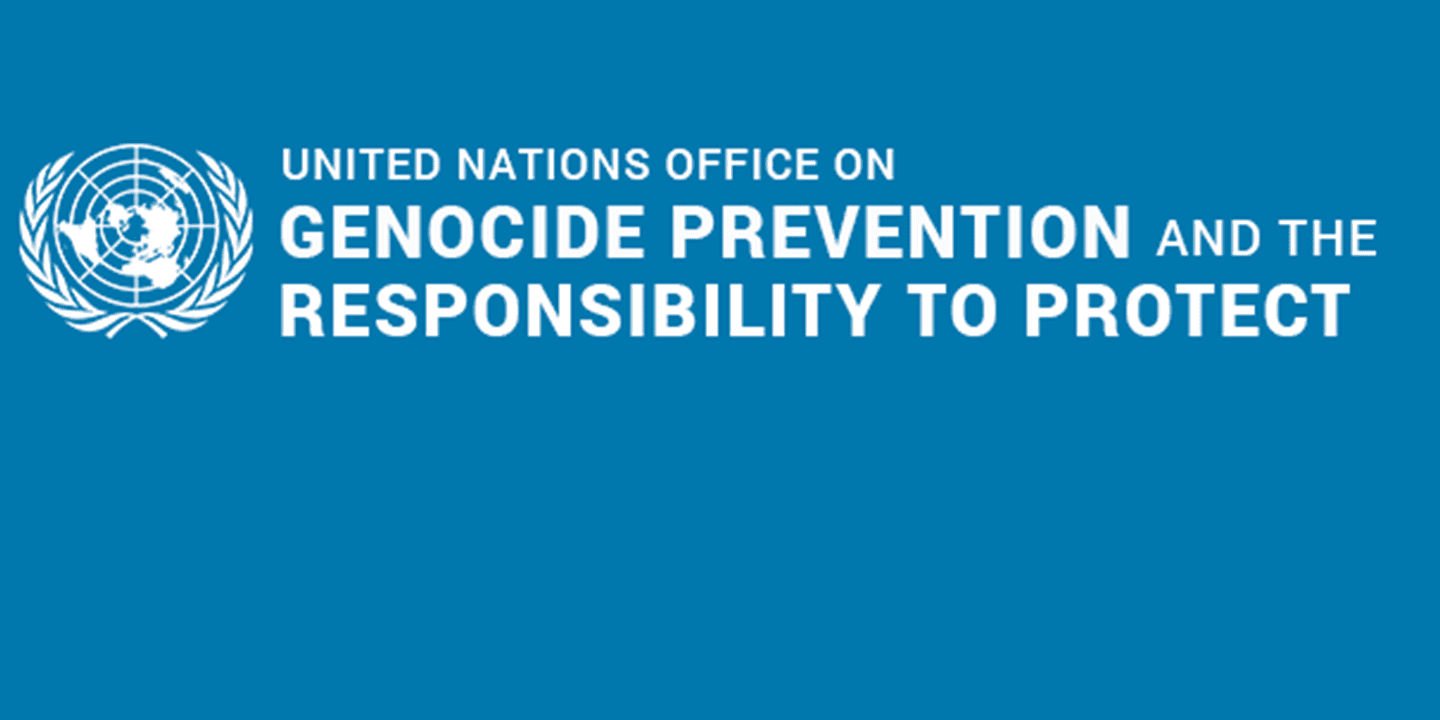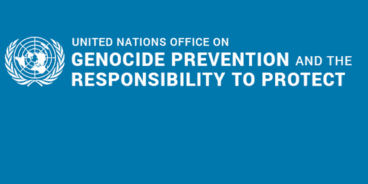
Statement by the UN Special Adviser on the Prevention of Genocide expressing concerns about the ongoing risk of violence in the Blue Nile region, Sudan
United Nations Special Adviser on the Prevention of Genocide, Alice Wairimu Nderitu expressed grave concern at reports of a resurgence of ethnic clashes in the Blue Nile region. The United Nations reported at least 359 fatalities, 469 injured and over 97,000 displaced as well as extensive destruction of property in intercommunal clashes, which have flared up several times since July. The clashes between the ethnic communities are rooted in long standing issues over land ownership and ethnic representation. The violence, which started in July, renewed in September and again in October, spreading from the Al Rosires locality to Ad Damazin and then to Wad Al Mahi locality. There is a risk of further escalation as local sources reported that ethnic groups across the border were being mobilised in support of the violence in the Blue Nile.
The Special Adviser expressed particular concern that the violence and reprisal attacks have been fuelled by hate speech and incitement to hatred, exacerbated through social media and in ethnic gatherings. She is concerned that the ethnic clashes have continued despite an agreement on a “cessation of hostilities” by the affected communities on 13 July 2022. The repeated violence undermines efforts at mitigation and strengthening inter-communal dialogue.
The Special Adviser calls on all those in positions of authority to do their utmost to institute conflict prevention mechanisms and bring perpetrators of violations to account no matter how high or influential. She welcomes efforts by the Government of the Blue Nile Region to stop the violence, restore order and establish a committee to investigate the violence in Wad al Mahi locality. Only through ensuring accountability will the cycle of violence be broken. The Governor also issued a statement stressing the commitment of State authorities to take all necessary measures to prevent repeated violence, pointing out that the regional government and the security committee, including civil administrations, mayors and sheikhs must play a positive role to establish security and initiate reconciliation.
The Special Adviser calls on the people of Sudan, leaders, civil society, and young people alike to prioritize trust-building and increase efforts to enhance social cohesion. She also called on religious leaders and other actors to use their voices to speak out against hate and to stand in solidarity with the affected communities in line with the Fez Plan of Action. She also urged tech and social media companies to utilize all tools available to stop the spread of incitement and hatred on their platforms, as stressed in the UN Strategy and Plan of Action on Hate Speech.
